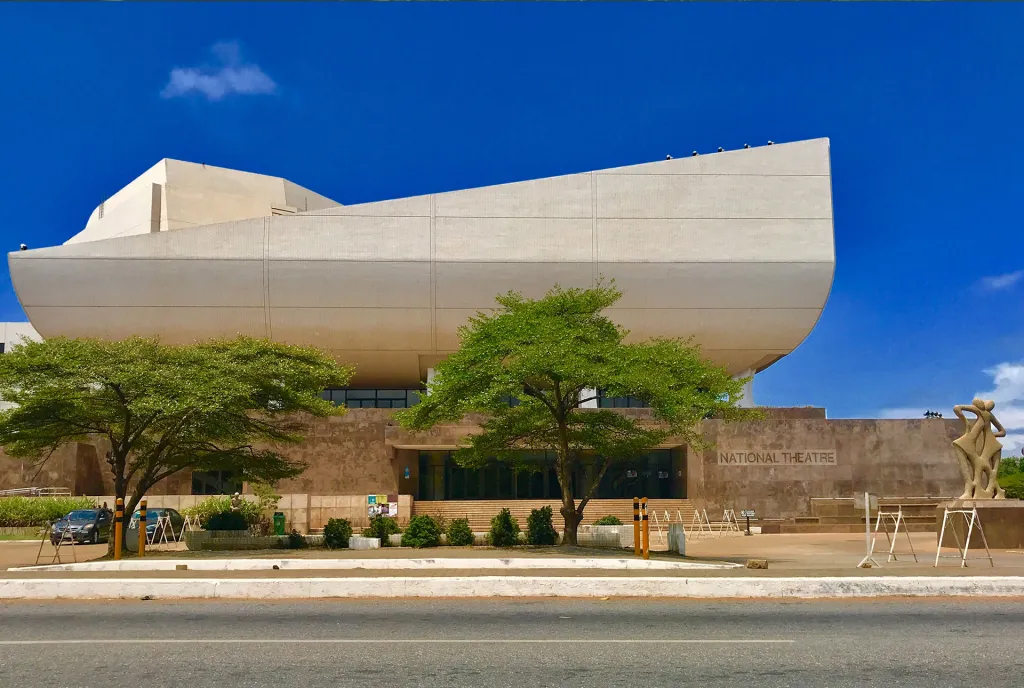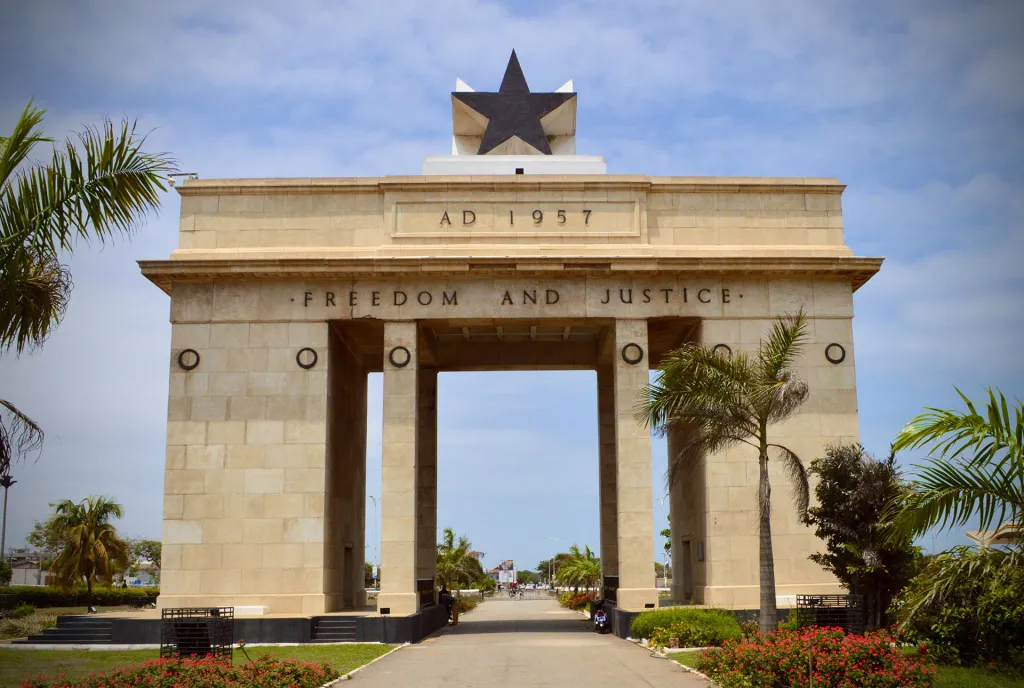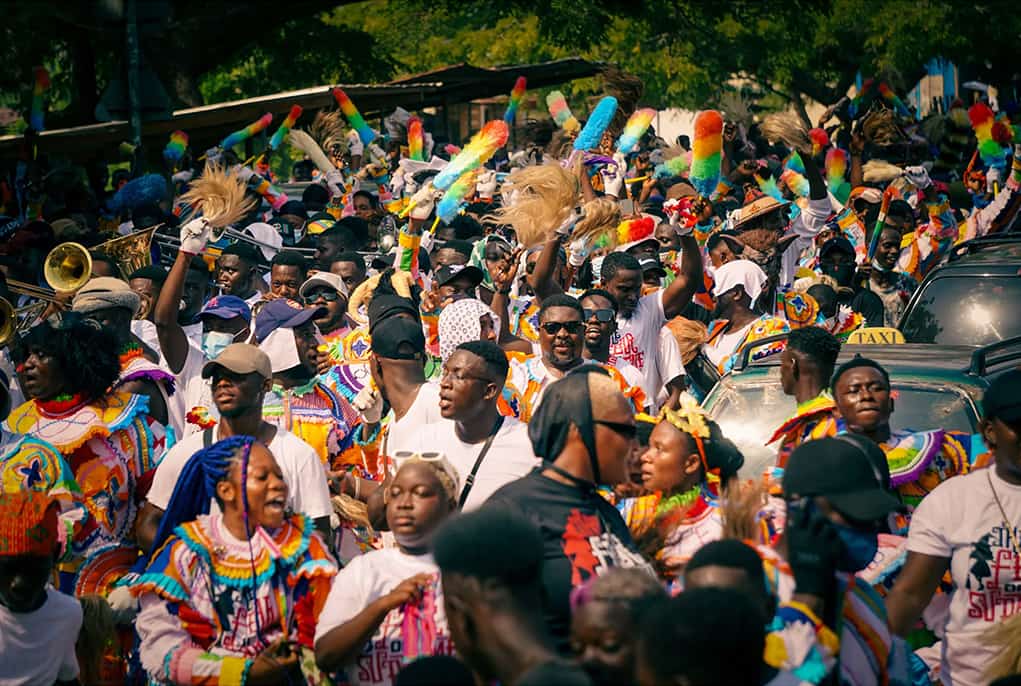The image of Ghana many people have is of bustling streets and large markets. This is not far from the reality on the ground as Ghanaian life is very vibrant and colourful. While rural life is a little more sedate, in the urban areas you are likely to encounter plenty of street vendors selling everything from fruits and vegetables to traditional clothing, as well as street performers playing music and dancing. Ghana has a variety of interesting things to offer, here are just some of the highlights.
Culture and religion
The Ghanaian lifestyle is shaped by a variety of factors, including culture, geography, traditions, and modernization. It encompasses a wide range of practices, values, and behaviors. In Ghanaian society, the family holds great significance. The extended family is central to everyday life, with family members frequently residing in close proximity or even under the same roof. The culture places a strong emphasis on respecting elders and fostering intergenerational relationships. Children are taught to uphold family values and take on responsibilities from a young age.
For many Ghanaians, religious practices such as attending church or mosque services, prayer, and religious festivals hold a significant place in their lives. Some communities still maintain traditional African religious beliefs and practices.

Work and economic activities
The agricultural sector plays a crucial role in Ghana’s economy, with a significant number of Ghanaians involved in farming, fishing, and other related activities. Urbanization and modernization have resulted in a more diverse job market, with others pursuing careers in various sectors including education, healthcare, finance, commerce, and technology. Values such as hard work, entrepreneurship, and self-reliance are widely appreciated.
Furthermore, education holds great importance in Ghanaian culture, and there has been a notable increase in access to education over time. Formal education is highly valued by Ghanaians as a way to achieve upward mobility and personal growth. Schools and universities play an essential part in the community, and it is common for parents to place a high value on their children’s education.
Languages, Music and Festivals
English is the official language of Ghana, but there are more than 90 other languages spoken by different ethnic groups. Some of the major ones are Akan, Ewe, Ga and Dagbani. Twi and Fante, two dialects of Akan, are widely spoken in Ghana. Ghana also has some unique sayings and slang, such as “Chale” (my friend), “Saaaa” (really?) and “Akwaaba” (welcome) which are useful phrases to know when visiting.
Ghanaian culture is closely intertwined with music and dance. Various ethnic groups have a rich tradition of drumming, including the use of talking drums and djembe. These drums are often accompanied by lively dances that reflect the history, beliefs, and values of the culture. Highlife music is a widely popular music genre that originated in Ghana. It combines African rhythms with influences from jazz, blues and reggae and is widely considered the inspiration for Afrobeats.
Ghana boasts a diverse cultural heritage, which is reflected in the numerous festivals celebrated annually. There are several noteworthy festivals, such as Homowo, Aboakyer, Odwira, Hogbetsotso, Kundum, Dumba, Bakatue, Dipo, Chale, and many others.

Ghanaian fashion
Ghanaian fashion is known for its vibrant colours, intricate patterns, and unique craftsmanship. The innovative use of traditional textiles and incorporation of contemporary designs by Ghanaian designers has earned them international recognition. Kente cloth, probably the most famous example, is a type of traditional clothing that is made from interwoven strips of brightly coloured fabric. This garment is commonly worn either as a wraparound skirt or draped over the shoulder. There are other traditional garments that are commonly worn like the Batakari which is a loose-fitting smock that is worn by both men and women. Similarly, the Fugu is a type of fabric that is worn as a long, flowing gown.
Ghanaians not only appreciate their traditional attire but also adopt contemporary fashion trends. In urban areas, it is common to see people wearing Western-style clothing.
Arts and Craft
The art of Ghana is a testament to the immense talent and creativity of its people. Popular forms of artistic expression include traditional wooden carvings, beadwork, pottery, and weaving. Artisans from Ghana are known for their exquisite sculptures, masks, and paintings that often portray historical events, folklore, or daily life.


